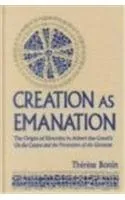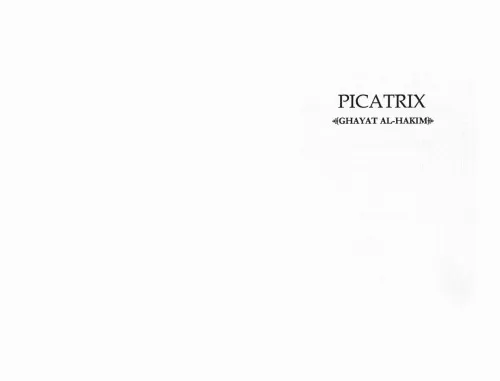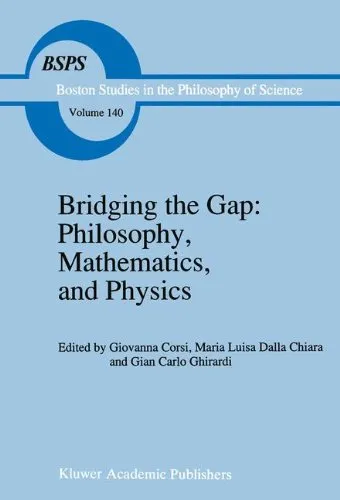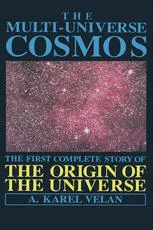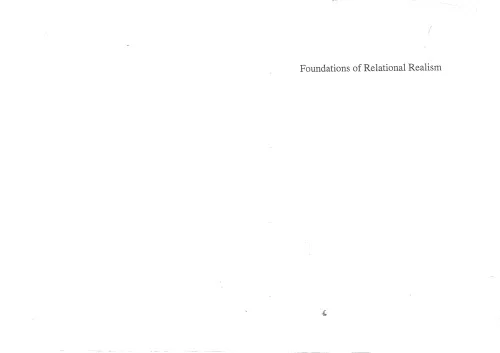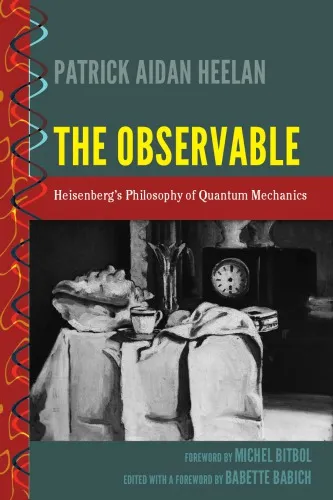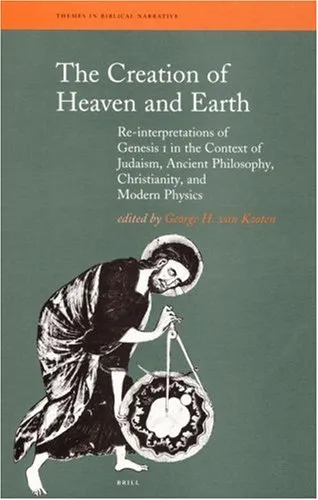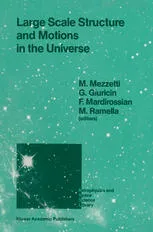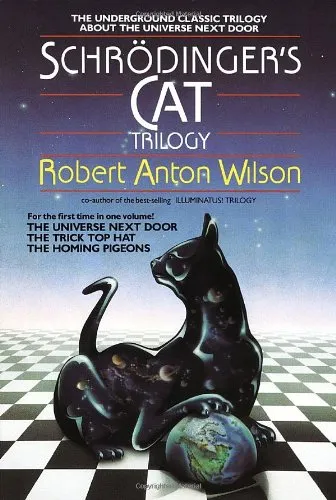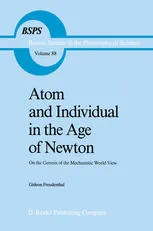Creation As Emanation: The Origin of Diversity in Albert the Great's on the Causes and the Procession of the Universe
4.0
Reviews from our users

You Can Ask your questions from this book's AI after Login
Each download or ask from book AI costs 2 points. To earn more free points, please visit the Points Guide Page and complete some valuable actions.Related Refrences:
Introduction
Welcome to an in-depth exploration of 'Creation As Emanation: The Origin of Diversity in Albert the Great's On the Causes and the Procession of the Universe.' This book delves into the profound philosophical insights of Albert the Great, a pivotal figure in medieval philosophy and theology. With rich analysis and scholarly rigor, this book illuminates Albert's unique perspective on how diversity springs from the act of creation.
Detailed Summary
In 'Creation As Emanation,' the author, Therese M. Bonin, examines Albert the Great's seminal work, 'On the Causes and the Procession of the Universe.' Albert the Great, a 13th-century philosopher and theologian, is renowned for integrating Aristotelian philosophy with Christian doctrine. The book elucidates Albert's views on the creation of the universe, emphasizing the concept of emanation — a process by which all things are derived from a single, unifying cause without diminishing the source's essence.
Through detailed textual analysis, Bonin explains how Albert the Great reconciles Neoplatonic ideas with Christian creationism. She explores the metaphysical underpinnings of Albert's thought and how he addresses the question of diversity in creation. The text reveals Albert's belief that diversity is not a flaw but a necessary manifestation of the divine intellect, showcasing a harmonious blend of multiple philosophies.
Key Takeaways
- Albert the Great's philosophy bridges classical philosophy and medieval theology.
- Diversity in the universe is a natural result of creation as an emanative process.
- Albert's work highlights the compatibility between reason and faith.
- The book defines how medieval scholastics understood causality and procession.
- Readers gain insight into the medieval Christian interpretation of ancient philosophical concepts.
Famous Quotes from the Book
"Emanation suggests an infinite fullness, a source from which diversity effortlessly flows without division."
"Albert the Great, in his synthesis of ancient and medieval thought, offers a vision of creation that is both unified and profoundly diverse."
Why This Book Matters
This book holds significant value both in the realms of philosophy and theology, offering a clear and comprehensive study of how Albert the Great understood creation. It affords contemporary readers a window into the fusion of classical and medieval thought, demonstrating the enduring relevance of philosophical inquiry into the nature of the universe. Bonin's work is indispensable for scholars interested in medieval studies, the history of philosophy, or the intersection of religion and philosophy.
Beyond academic circles, 'Creation As Emanation' invites readers to ponder broader existential questions about the origins and meanings of the diversity they observe in the world. By unraveling the complex ideas of a historical figure like Albert the Great, the book connects past and present intellectual traditions, enriching our understanding of the universe's foundational principles.
Free Direct Download
You Can Download this book after Login
Accessing books through legal platforms and public libraries not only supports the rights of authors and publishers but also contributes to the sustainability of reading culture. Before downloading, please take a moment to consider these options.
Find this book on other platforms:
WorldCat helps you find books in libraries worldwide.
See ratings, reviews, and discussions on Goodreads.
Find and buy rare or used books on AbeBooks.
1280
بازدید4.0
امتیاز0
نظر98%
رضایتReviews:
4.0
Based on 0 users review
Questions & Answers
Ask questions about this book or help others by answering
No questions yet. Be the first to ask!
